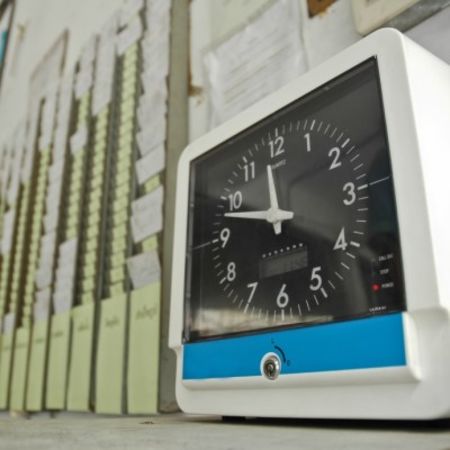Operating rooms (ORs) represent a significant investment and resource-intensive aspect of hospital operations, with approximately 60% of admitted patients undergoing treatment in these facilities. Precise scheduling of OR time slots is crucial for optimal resource utilisation. Accurate predictions of elective operation durations are essential to prevent delays, cancellations, patient dissatisfaction, staffing issues, and unnecessary expenses. A pilot trial was proposed to assess the effectiveness of electronic health record (EHR) systems and machine learning models to improve scheduling precision.
A Pilot Study on EHR Implementation and Time Manipulation Impact
Traditional scheduling methods, reliant on surgeon estimates, have proven inadequate. Recent advancements, including electronic health record (EHR) systems and machine learning models, offer improved accuracy by analysing past procedure durations. However, there remains a gap in understanding the extent of manipulation of OR time estimates by surgeons and schedulers and its impact on scheduling accuracy. A pilot study was conducted between April and August 2022 across three hospitals within the same tertiary care centre. Surgeons in relevant specialties were urged, through virtual meetings and emails, to refrain from altering predicted operative times provided by the Epic EHR system for scheduling. The study committee, comprising surgical unit heads, researchers, and head nurses, educated surgeons on the importance of accurate OR scheduling. The study included single-surgeon operations for both single and multiple Current Procedural Terminology (CPT) procedures, excluding combo operations and procedures with insufficient data in Epic. Data on OR scheduling accuracy and the percentage of time-manipulated procedures were collected and compared between the trial period and the preceding five months. Accurate cases were defined by actual case length within ±30 minutes or ±20% of the scheduled time for procedures lasting ≥ or <150 minutes, respectively. The primary outcome was the percentage of accurately scheduled OR cases.
Challenges, and Strategies in OR Time Prediction and Scheduling
Accurate prediction of operating room (OR) time is crucial for efficient resource utilisation and cost reduction in healthcare settings. Several studies have explored methods to enhance OR time prediction, with electronic health record (EHR) systems playing a central role. Research comparing surgeon-based estimations with EHR predictions generally favours the latter, though exceptions exist, particularly for cases surpassing median surgery times. Simmons et al. suggest using varied Current Procedural Terminology (CPT) codes as benchmarks for scheduling, rather than relying solely on mean OR times for each surgical speciality. Advanced machine-learning models integrated with EHR systems offer improved prediction accuracy by considering various factors beyond procedure type and surgeon mean times. Bartek et al. and others demonstrate the efficacy of statistical modelling using patient demographic data, surgery type, and surgeon factors. Despite these advancements, manipulation of OR time by surgeons persists due to trust issues with EHR predictions and concerns about case variability. Manipulation may also serve to accommodate additional urgent cases. The current study is notable for its focus on practical EHR implementation in OR scheduling and the reduction of time manipulation. Findings indicate that minimising manipulation significantly enhances scheduling accuracy, particularly in single-surgeon procedures. Notably, underscheduled cases decrease without a significant rise in overscheduled cases, suggesting surgeons tend to underestimate OR time. Encouragingly, manipulation reduction does not compromise case accuracy. These results offer valuable insights for changing surgeons' practices and organisational strategies in OR scheduling.
The study acknowledges limitations such as its short duration, absence of cost-related analysis, and reliance on data from a single EHR system. Additionally, factors like surgeon and OR staff experience and scheduler practices were not examined. Future research should address these gaps. However, this pilot trial shows clear promise of leveraging EHR and reduced manipulation in OR scheduling to enhance accuracy, optimise time utilisation, minimise delays, and boost patient satisfaction. Longer-term studies encompassing all surgical specialities are needed to confirm these benefits definitively.
Source: Journal of Healthcare Management
Image Credit: iStock























